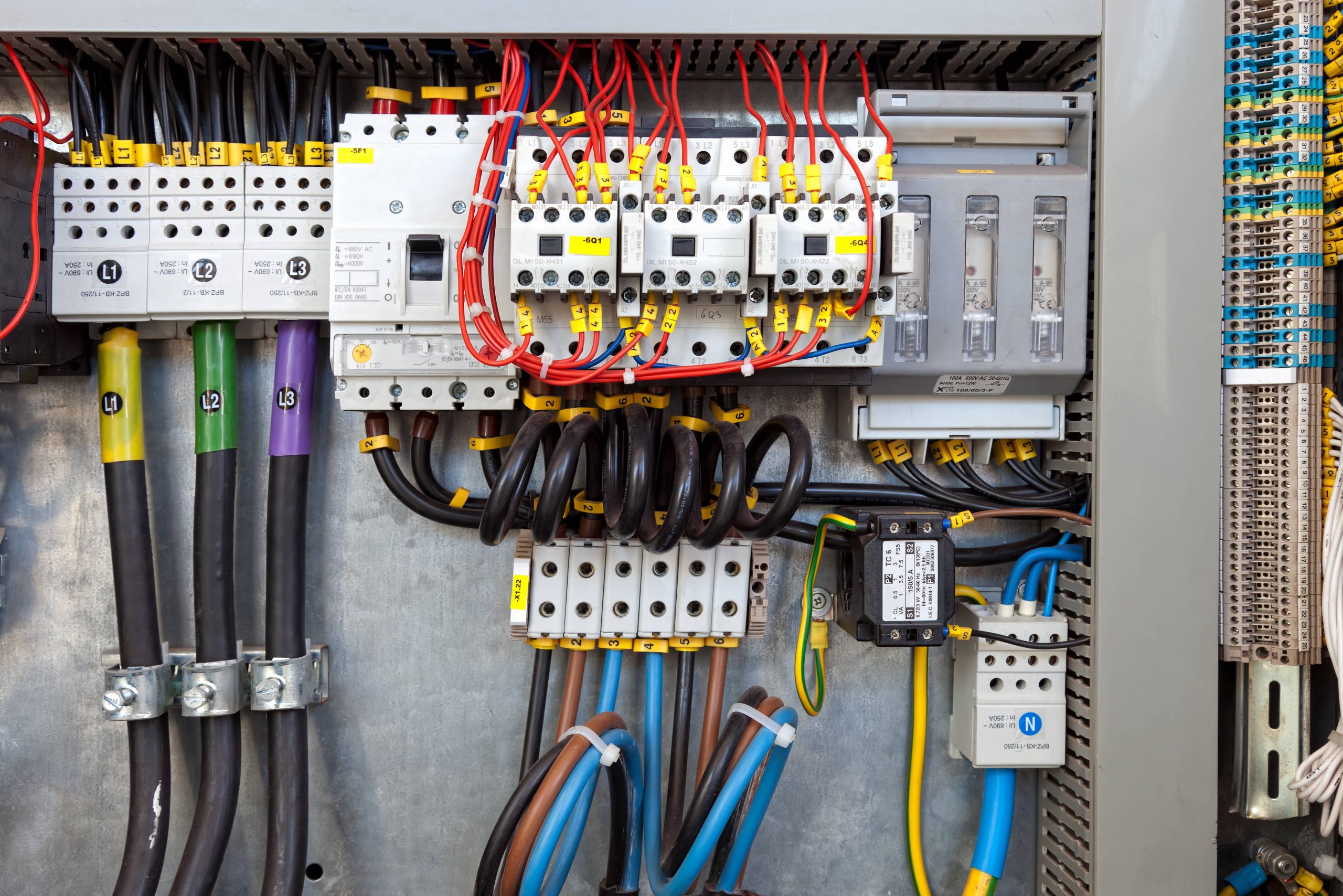As the world rapidly advances towards more sophisticated technological solutions, electrical control panels are evolving to meet the demands of modern industries. These panels, crucial for managing and controlling electrical systems, are seeing significant innovations aimed at enhancing efficiency, reliability, and safety. This article delves into the future trends and innovations in electrical control panels, highlighting what to watch for in the coming years.
Integration of Smart Technologies
One of the most transformative trends in electrical control panels is the integration of smart technologies. Smart control panels are equipped with advanced sensors, microprocessors, and communication interfaces that allow for real-time monitoring and control. This integration enhances the ability to diagnose issues, predict failures, and optimize performance.
Benefits of Smart Technologies:
- Real-Time Data Analysis: Continuous monitoring and data collection enable real-time analysis, improving decision-making processes.
- Predictive Maintenance: Smart panels can predict potential failures and maintenance needs, reducing downtime and extending the lifespan of equipment.
- Remote Access: Operators can access and control systems remotely, providing flexibility and convenience, especially in large industrial settings.
Emphasis on Cybersecurity
With the increasing connectivity of control panels, cybersecurity has become a critical concern. Future electrical control panels will incorporate robust security measures to protect against cyber threats. This includes encrypted communication, secure access controls, and continuous monitoring for suspicious activities.
Key Cybersecurity Features:
- Encryption: Ensures that data transmitted between devices and control panels is secure.
- Access Control: Implements strict access controls to prevent unauthorized access.
- Intrusion Detection: Monitors systems for any signs of unauthorized access or anomalies.
Enhanced User Interfaces
The user interfaces (UIs) of electrical control panels are becoming more intuitive and user-friendly. Future panels will feature advanced graphical user interfaces (GUIs) that provide clear, concise information at a glance. This evolution aims to make control panels more accessible to operators with varying levels of technical expertise.
Features of Enhanced UIs:
- Touchscreen Displays: Allows for easy navigation and interaction with the control panel.
- Customizable Dashboards: Operators can customize their dashboards to display relevant information.
- Interactive Graphics: Provides visual representations of systems and processes for better understanding.
Energy Efficiency and Sustainability
As industries aim to reduce their environmental footprint, energy efficiency and sustainability are becoming paramount in the design of electrical control panels. Future panels will incorporate energy-efficient components and sustainable materials, aligning with global sustainability goals.
Sustainable Innovations:
- Energy-Efficient Components: Utilizes components that consume less energy without compromising performance.
- Renewable Energy Integration: Supports integration with renewable energy sources like solar and wind.
- Eco-Friendly Materials: Uses materials that are sustainable and have a lower environmental impact.
Advanced Diagnostics and Troubleshooting
Future electrical control panels will come with advanced diagnostic and troubleshooting capabilities. These innovations will make it easier to identify and resolve issues, minimizing downtime and maintenance costs.
Diagnostic Features:
- Self-Diagnosis: Panels will be able to perform self-diagnosis to identify potential issues.
- Automated Troubleshooting: Provides step-by-step troubleshooting guidance to operators.
- Historical Data Analysis: Uses historical data to identify patterns and predict future issues.
Modular and Scalable Designs
Modular and scalable designs will become more prevalent in future electrical control panels. These designs allow for easy upgrades and expansions, ensuring that panels can adapt to changing industrial needs.
Modular Design Benefits:
- Easy Upgrades: Components can be easily replaced or upgraded without overhauling the entire system.
- Scalability: Panels can be expanded to accommodate additional processes or equipment.
- Cost-Effective: Reduces the need for complete replacements, saving costs in the long run.
Enhanced Safety Features
Safety remains a top priority in the design of electrical control panels. Future panels will incorporate enhanced safety features to protect both personnel and equipment.
Safety Innovations:
- Advanced Circuit Protection: Includes improved circuit breakers and protection devices.
- Emergency Shut-Offs: Enhanced emergency shut-off mechanisms for quick response.
- Safety Certifications: Panels will adhere to the latest safety standards and certifications.
Conclusion
The future of electrical control panels is bright, with numerous innovations and trends set to revolutionize the industry. From the integration of smart technologies and enhanced cybersecurity to energy efficiency and advanced diagnostics, these advancements will make electrical control panels more efficient, reliable, and user-friendly.
For those looking to stay ahead of the curve, partnering with a trusted provider like Manikaran is essential. Explore our professional electrical transformer installation and electrical control panel installation services to ensure your systems are equipped with the latest advancements and maintained to the highest standards.
By staying informed about these trends and innovations, industries can optimize their operations, enhance safety, and contribute to a more sustainable future. Manikaran is committed to helping you navigate this evolving landscape, providing expert solutions tailored to your specific needs.

